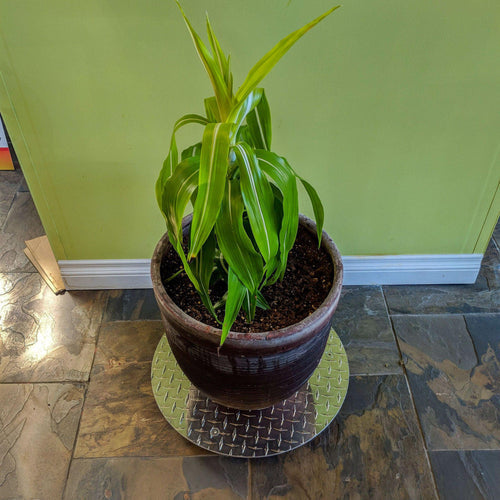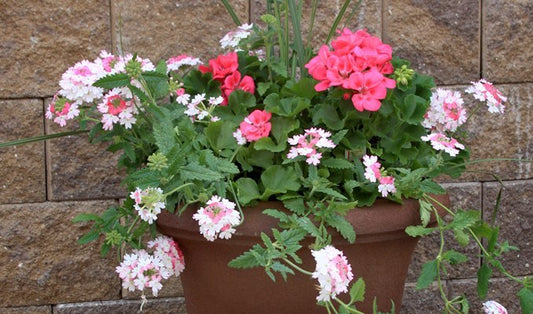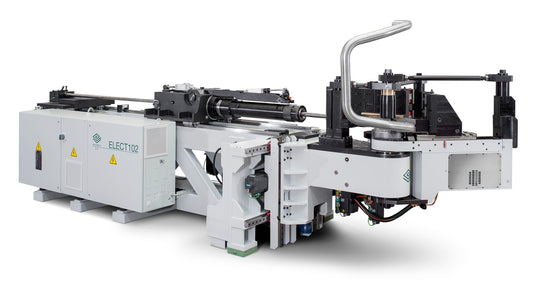Gardening season is done, and winter is quickly approaching but don’t forget about this important gardening-related task you need to tackle! After you’ve finished your end-of-the-season chores and have everything cleaned out for spring, take some time to properly clean and store your garden supplies. This extra step ensures everything is easy to find and in tip-top condition when the weather turns warm again.
First and foremost, your garden supplies deserve their own dedicated space to hang out -- if space allows, obviously. Clear a section in the garage, or out in the garden shed if you have one. If you don’t have access to either of these, you can use a cupboard in a laundry room, or a shelf in a storage area or closet.
Once you’ve assigned a space to store your garden supplies, customize it to fit your needs and tools. There are many different ways to create a space that works well for storing all of your gardening accessories. The key is making sure everything is organized neatly, with a designated place for specific items.
If you’re working in a garage or shed add the following elements to help organize all of your garden supplies:
- Wall shelves are great for storing watering cans and various containers for potting plants. Lighter bags of potting soil, garden fertilizers, and seeds can also be stored on shelving. Choose either stainless steel floating shelves for easy cleanup, or use stainless steel shelf brackets to build custom shelves.
- Hooks work perfectly for hanging up larger garden tools like rakes, shovels, and garden hoes. Opt for ones with rubberized tips to prevent gouging the handles of your tools. They can be attached directly to the wall, or to shelves.
- Freestanding shelving units take up more space but work well for larger, heavier items such as fertilizers, big bags of potting soil, gardening boots, etc. Plastic units are easy to hose off too if they get dirty.
Chances are, you’ve got bottles of pesticides and herbicides sitting around that weren’t completely used up during the growing season. For both financial and environmental reasons, it’s not a great choice to just toss them in the garbage can. Many gardening chemicals can be stored from one season to another: check their labels to determine the required storage conditions. Often times, the chemicals need to be kept from freezing conditions.
Granular lawn and garden fertilizers over-winter well with a little extra care. Opened containers of a product will absorb moisture from the air in humid conditions, causing the fertilizer to harden into a rock-like mass. To prevent this from happening, leave the product in the original packaging with application instructions and place it inside a 5-gallon plastic bucket with a tight fitting lid.
Cold weather wreaks havoc on hoses left outside in the elements. Disconnect all of your hoses and drain them well before bringing them inside. To prevent kinking store them in a protected area still on the hose reel, or coiled neatly on a flat surface.
Before storing any of your lawn and garden tools for the winter, it’s important to make sure they are clean and in pristine condition. Take a wire brush or other tool like a putty knife and scrape off caked on mud found on shovels, etc. Then spray everything with a good douse of water and allow to dry completely. Any tools such as pruners, spades, or buckets that have come in contact with fungal diseases from past seasons need to be sanitized with bleach before being used again.
After your garden supplies are clean and dry, sharpen the edges on spades, hoes, and shovels; then wipe everything down with a light coating of oil or WD-40. Check wooden handled tools for cracks and rough spots. Sand them as needed and apply a light oil such as mineral or linseed to use as a wood conditioner.
The best way to store your long-handled tools is to hang them from hooks on the wall or shelving unit. This keeps them from bumping into one another, maintaining the sharp edge. It also allows good air flow between the tools, minimizing moisture that could lead to rust. You can even hang rakes, shovels, hoes, edgers, etc. on an old peg rail no longer needed for jackets.
Keeping your hand tools sharp and rust-free is much more simple than most people think. Recycle an old terra cotta pot by filling it with a mix of sand and mineral or linseed oil (approximately 1.5 cups of oil per gallon of sand). The basic act of pushing garden spades or trowels into the sand keeps blades sharp from the abrasive nature of the sand.
When the end of the gardening season rolls around, and fall cleanup is completed, it’s great to take a few hours or so and properly store your garden supplies for the winter. This prevents damage or rust and makes it easy to find what you’re looking for come spring.





